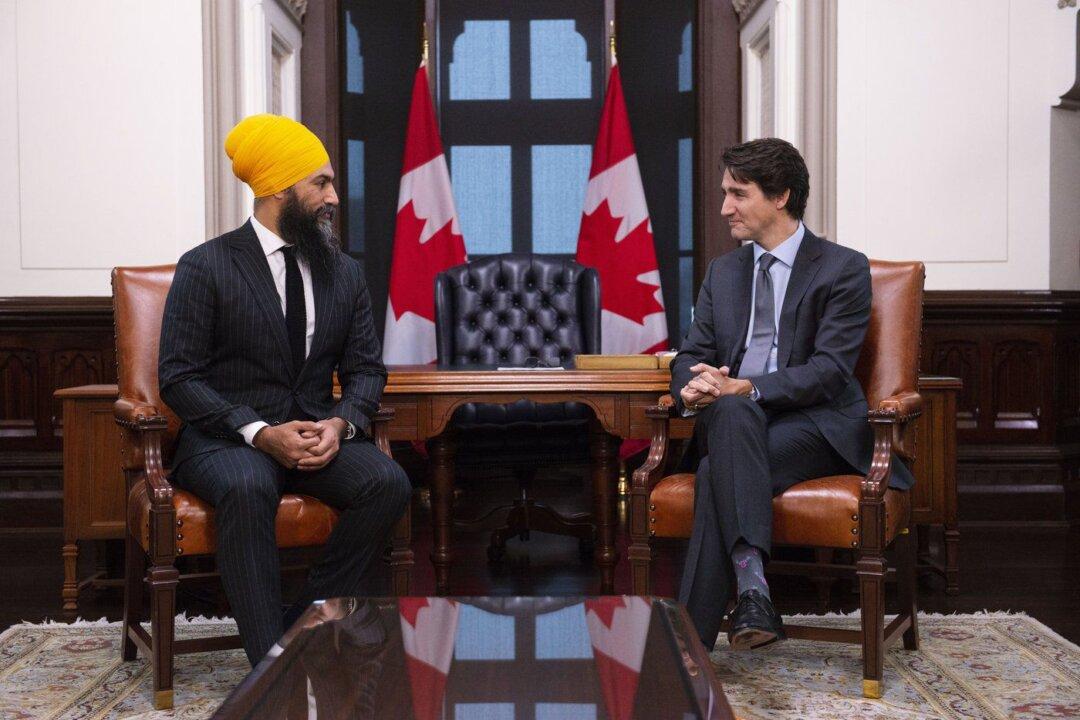Commentary
For the past 14 years, Vancouver surgeon Dr. Brian Day has led the charge for health-care reform, pushing for the right of patients to pay for private care if their health and well-being are threatened as a result of waiting in a stagnant and overburdened public system.





